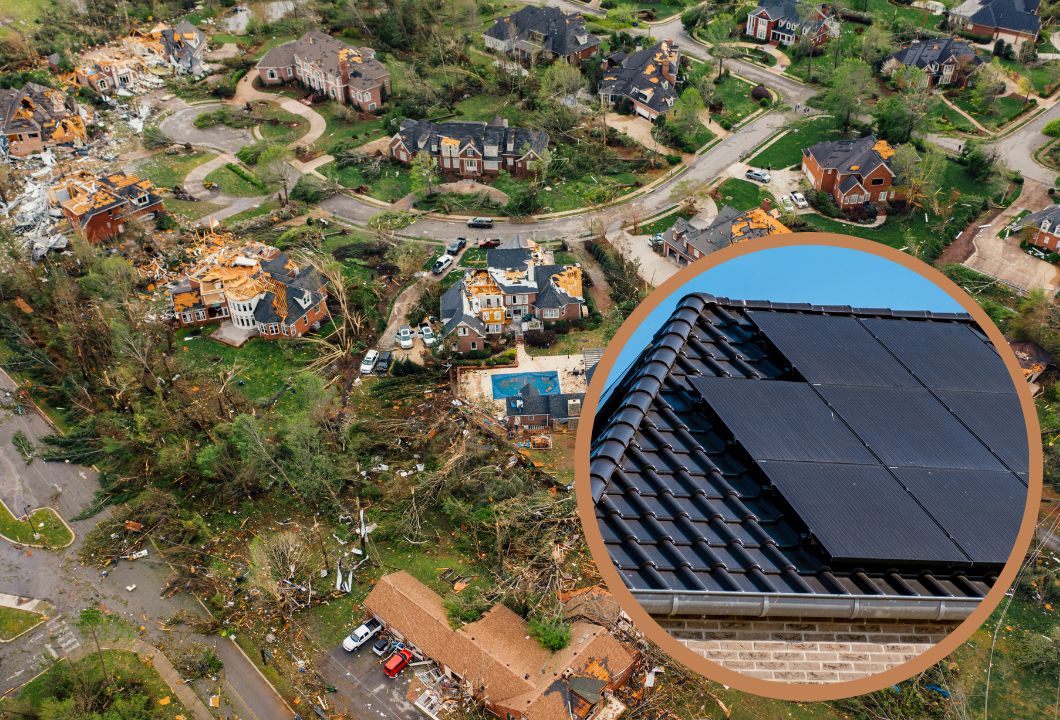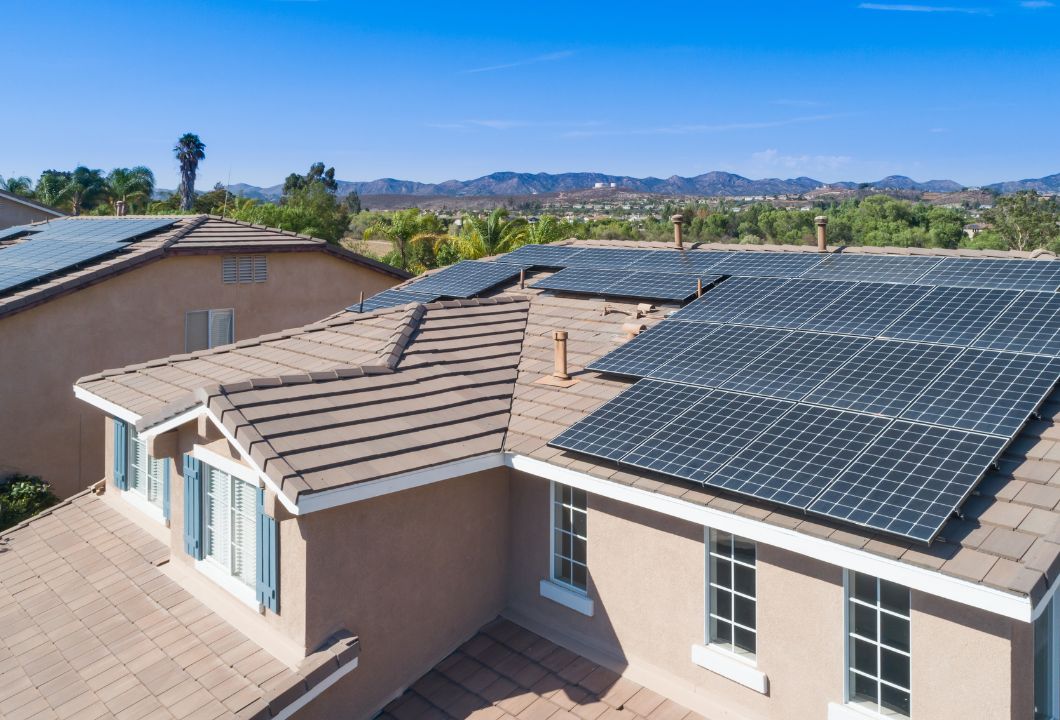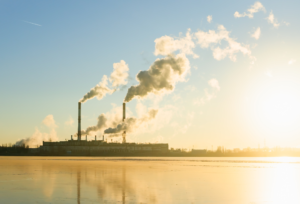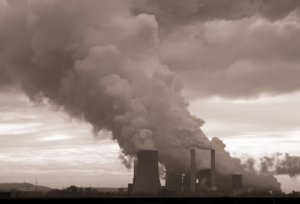
The Resilience of Solar Panels: Can They Survive Hurricanes?
In recent years, the world has witnessed an increasing interest in renewable energy sources. Solar power, in particular, has gained widespread popularity due to its numerous environmental and economic benefits. However, concerns about the durability and survivability of solar panels, especially during extreme weather events like hurricanes, have raised questions about their practicality in regions prone to such natural disasters.
Understanding Solar Panel Construction
Before we delve into the resilience of solar panels, it’s essential to understand their basic construction. Solar panels consist of multiple interconnected photovoltaic cells, typically made of silicon, which convert sunlight into electricity. These cells are encased in a protective layer of tempered glass and housed in a durable aluminum frame. These components are designed to endure various weather conditions, including rain, snow, and hail.
The Strength of Solar Panels
When it comes to hurricane resilience, solar panels are built to be durable. Most solar panels are manufactured to withstand wind speeds of up to 140 miles per hour (225 kilometers per hour) – equivalent to a Category 4 hurricane. The tempered glass used in their construction is specifically engineered to be impact-resistant, reducing the risk of damage from flying debris during high winds.
The survivability of solar panels during a hurricane also depends on their installation. Proper installation techniques are crucial to ensure their resilience. Solar panels are typically mounted on racks secured to rooftops or the ground. These racks are engineered to meet local building codes and withstand strong winds. Reinforcements such as hurricane clips or additional fasteners may be employed to enhance stability in hurricane-prone areas.
Impact of Hurricane Severity
While solar panels are designed to withstand high wind speeds, the intensity of hurricanes can vary significantly. Category 5 hurricanes, with wind speeds exceeding 157 miles per hour (252 kilometers per hour), pose a more significant challenge. Although solar panels may sustain damage in these extreme scenarios, advancements in technology and improved construction techniques have enhanced their overall resilience.
Several real-world experiences have demonstrated the capacity of solar panels to withstand hurricanes successfully. For example, during Hurricane Maria in 2017, Puerto Rico witnessed the resilience of solar energy systems, with many solar installations remaining intact and continuing to generate electricity even when the traditional power grid failed. These instances showcase the potential of solar panels to provide reliable power during and after a hurricane.

Mitigating Risks and Ensuring Durability
To mitigate risks and ensure the longevity of solar panels in hurricane-prone areas, periodic inspections and maintenance are crucial. Regular checks for any signs of wear and tear, such as loose connections or damaged frames, can help identify and address issues before they escalate. Additionally, working with professional solar installers who are knowledgeable about local building codes and regulations is essential to ensure proper installation and optimal durability.
While hurricanes pose significant challenges to various structures and infrastructure, solar panels have proven their resilience in many cases. Thanks to robust construction, tempered glass, and proper installation techniques, solar panels can withstand high wind speeds and offer a reliable source of clean energy even during and after hurricanes. By leveraging the advancements in technology and adopting appropriate maintenance practices, we can harness the power of solar energy while minimizing risks in hurricane-prone regions.
Read More Blogs...
Solar Energy and Sustainable Livelihoods
Solar Energy and Sustainable Livelihoods In an era marked by...
Read MoreEmbracing Solar Energy for Climate Resilience: Adapting to Changing Conditions
Embracing Solar Energy for Climate Resilience: Adapting to Changing Conditions...
Read MoreSolar Energy and Humanitarian Aid: Bringing Light to Those in Need
Solar Energy and Humanitarian Aid: Bringing Light to Those in...
Read MoreSolar Energy and Energy Security: Reducing Dependence on Fossil Fuels
Solar Energy and Energy Security: Reducing Dependence on Fossil Fuels...
Read More




